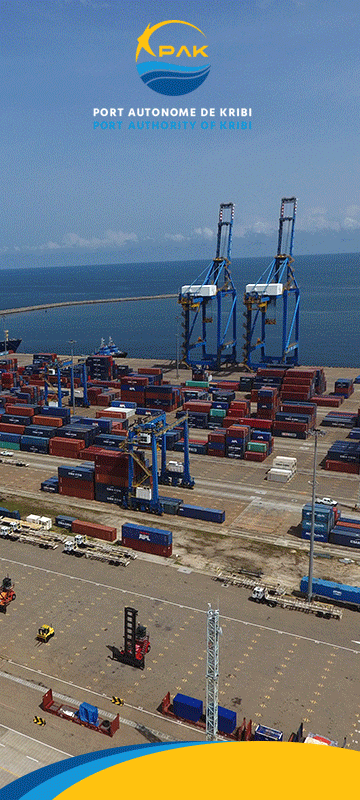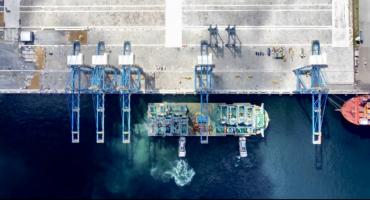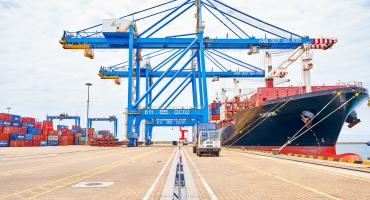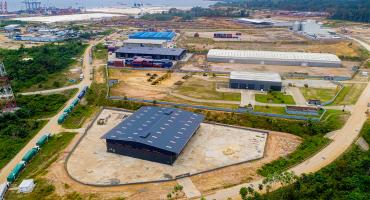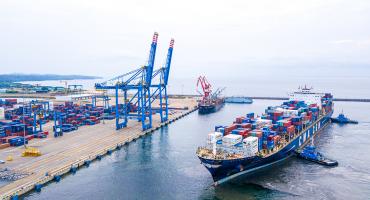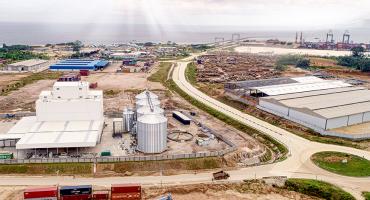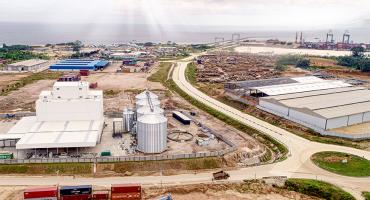One of the challenges of the dematerialization of procedures is, in fact, to compress more and more every day the time it takes for goods to pass through Cameroonian ports. Over the past few years, Douala has made great progress, from 20 to 10 days, even if we could note in recent times, a slight extension of time. On Kribi, the performances are even better: five days on the import and two days on the export; which puts it in the best African performances, on this specific indicator.
Dematerialization is thus a key factor in the overall pattern of facilitation of cross-border trade in which the Port of Kribi is invited as a link in the supply chain of growth sectors. A link that has the particularity of bringing together several activities that keep the goods moving and the rapid processing of commercial vessels. According to Modeste Ako'o, Operations Manager of PAK, "these actors must interact and exchange with one another and also act on the process of physical transition that overlap with several other flows, including flows of information. " Also, he adds, the dematerialization of the media that accompanies the goods is used, to make these flows of information more fluid and secure, through the increased use of networked computers between several port stakeholders, within a unique electronic platform. The latter's role is to reduce users' access points to integrated customs clearance and administrative formalities. The same applies to the payment of customs duties and taxes and the services rendered by the members of the entire Port Community.
What should be remembered, according to the president of RCA's Importers Group, is that "dematerialization is not an end in itself. It must be part of a global approach that consists of expurgating the port beforehand, all the procedures without added value or redundant, which strongly penalize, at this very moment, the global competitiveness of the Cameroonian corridors on Chad and the Central African Republic. ". This is why, according to Gabriel Manimben, General Manager of the Maritime Services Agency, "we must clearly encourage all players to organize and massively train their staff, whether private or public." Hence the commitment that the port authorities of Kribi take to assume this leadership for the operational excellence and the fluidity of the port passage.


